
Join 10k+ people to get notified about new posts, news and tips.
Do not worry we don't spam!
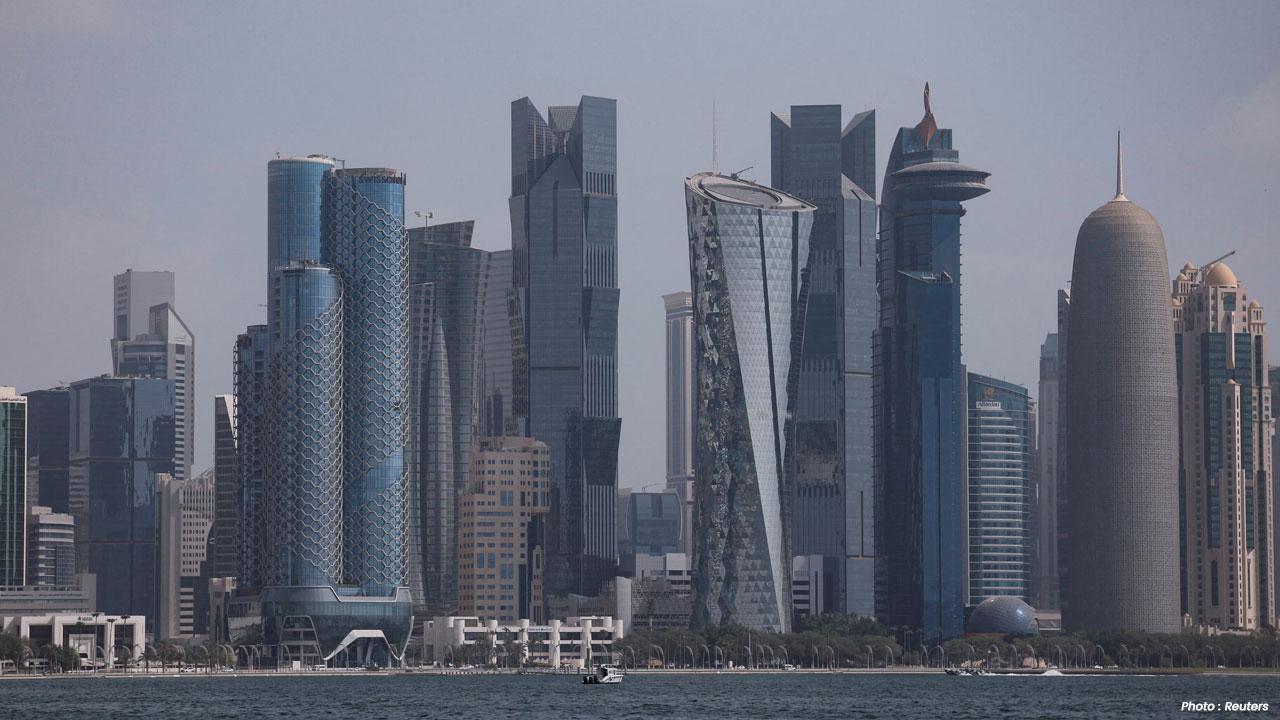
Post by : Raman
Israel’s relations with Arab countries have always been complicated, shaped by wars, peace agreements, and regional politics. Last week, Israel carried out an airstrike on Qatar, a move that risks creating new tensions in the Gulf region. To understand the full picture, it is important to look at Israel’s relationships with key Arab countries over the years.
Egypt: Wars and Peace
Egypt, the most populous Arab country, has had a long and difficult history with Israel. The two countries fought several wars in 1948, 1956, 1967, and 1973. However, in 1978, Egypt became the first Arab country to sign a peace deal with Israel at Camp David. Egyptian President Anwar Sadat, who signed the treaty, was later assassinated in 1981.
Today, the peace treaty between Egypt and Israel is still unpopular among many Egyptians, but it remains a key part of Cairo’s foreign policy. The countries cooperate mainly on oil and gas, while other trade is limited. Comments suggesting that Gaza’s population could be relocated to Egypt’s Sinai have caused strong reactions in Cairo, highlighting the sensitive nature of the relationship.
Jordan: A Strong Palestinian Connection
Jordan was the second Arab state to make peace with Israel, signing a treaty in 1994. The country has a close connection to the Palestinian people, with estimates suggesting that over half of Jordan’s population is of Palestinian descent. Jordan controlled the West Bank and east Jerusalem from 1948 until Israel captured these territories in the 1967 war.
The peace deal with Israel remains important for Jordan’s security and foreign policy and for its ties with the United States. Yet anger over Israel’s treatment of Palestinians is widespread in Jordan, especially after conflicts in Gaza. The country continues to balance its peace with Israel while protecting Palestinian interests.
United Arab Emirates: Bold Normalisation
In 2020, the United Arab Emirates surprised the world by normalizing relations with Israel under the Abraham Accords. This agreement allowed Israel and the UAE to cooperate on regional security, especially concerning threats from Iran and extremist groups. It also strengthened Abu Dhabi’s economic and political influence in the region.
However, the UAE has always stated that normalization with Israel was meant to advance the goal of a Palestinian state. The recent Israeli strike on Qatar challenges the UAE’s position and could create new tensions in the Gulf Cooperation Council.
Bahrain, Morocco, and Sudan: Following the Path
Bahrain followed the UAE in normalizing ties with Israel. Morocco strengthened its relationship with Israel in return for U.S. recognition of its claim over Western Sahara. Sudan was the fourth member of the Abraham Accords but did not fully normalize ties before falling into internal conflict. These agreements marked a new chapter in Middle East diplomacy but remain fragile, especially amid recent hostilities.
Saudi Arabia: The Palestinian Champion
Saudi Arabia has long presented itself as a defender of the Palestinian cause. In 2000, it led the Arab Peace Initiative, offering full normalization with Israel if a Palestinian state were created with Jerusalem as its capital and refugees were allowed to return. In recent years, Saudi Arabia seemed close to joining the UAE and Bahrain in normalization, but the Gaza war and the strike on Qatar have made this less likely.
Syria and Lebanon: Ongoing Hostilities
Israel’s relationship with Syria has been marked by conflict, particularly over the Golan Heights, which Israel captured in 1967 and annexed in 1981. Under the Assad regime, Syria aligned with Israel’s regional rival, Iran. Israel has frequently targeted Iranian-linked positions in Syria, and recent developments have intensified these tensions.
Lebanon has also had a difficult history with Israel. The country hosted the Palestine Liberation Organization in the 1970s, and Israel fought several wars there, including invasions in 1978 and 1982. Hezbollah, an Iran-backed group, emerged as Israel’s main adversary in Lebanon. The recent Gaza war further complicated the situation, though a fragile ceasefire is currently in place.
Iraq: Historical and Recent Conflicts
Israel destroyed Iraq’s nuclear reactor in 1981, showing its willingness to strike perceived threats in the region. Since the Gaza war, Israel has also targeted Iran-aligned groups inside Iraq. These actions demonstrate Israel’s ongoing concern with security threats in neighboring Arab countries.
Yemen: The Houthi Threat
In Yemen, the Iran-backed Houthi group has attempted to attack Israel with missiles and drones since 2023, largely in response to the war in Gaza. Israel has carried out airstrikes targeting Houthi military leaders and positions, further highlighting the region’s growing instability.
A Fragile and Complex Landscape
The recent Israeli airstrike on Qatar illustrates the fragility of relationships between Israel and Arab states. While some countries like Egypt and Jordan have long-standing peace agreements, others like the UAE, Bahrain, Morocco, and Saudi Arabia are navigating a delicate balance between normalization and Palestinian solidarity. Meanwhile, conflicts in Syria, Lebanon, Iraq, and Yemen show that hostility and mistrust remain strong in parts of the region.
Israel’s actions in the Gulf and beyond will continue to influence diplomatic relations, security strategies, and regional stability. As Arab states meet to discuss these developments, the Middle East faces another chapter of complex diplomacy, historical tensions, and uncertain futures.
Israel, Arab states, Qatar airstrike, Middle East conflict, Egypt Israel relations, Jordan Israel peace

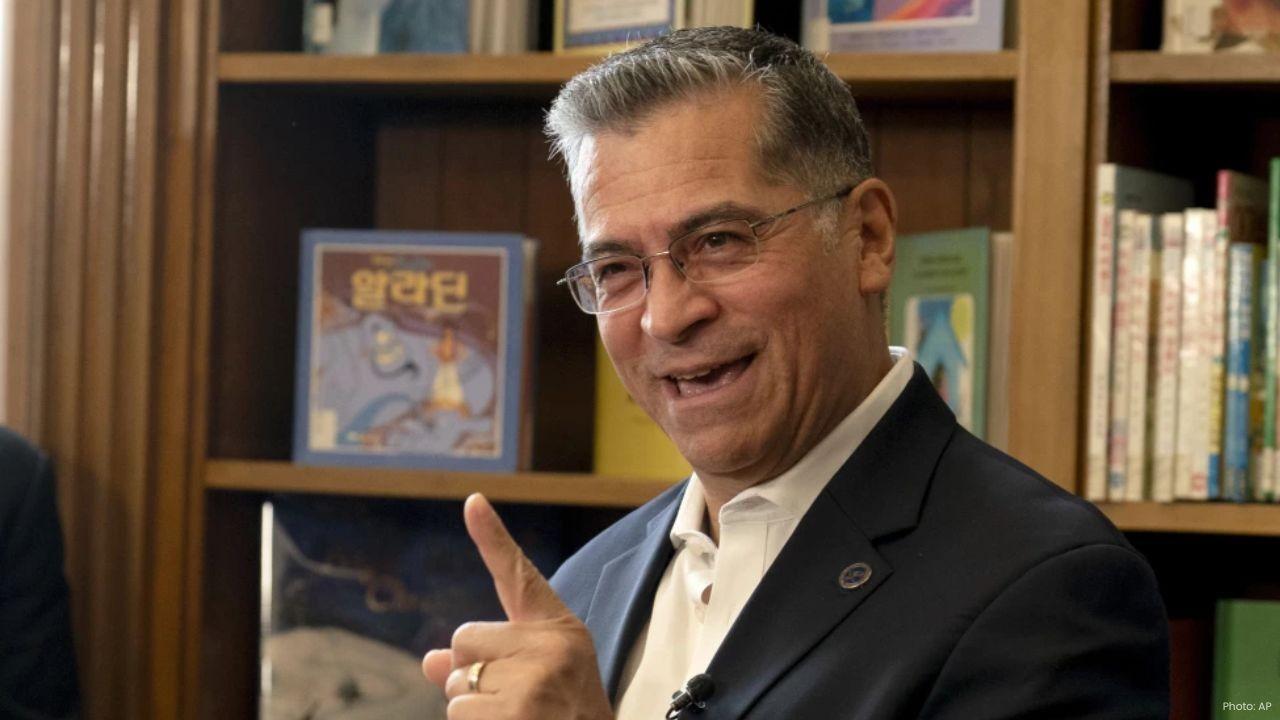






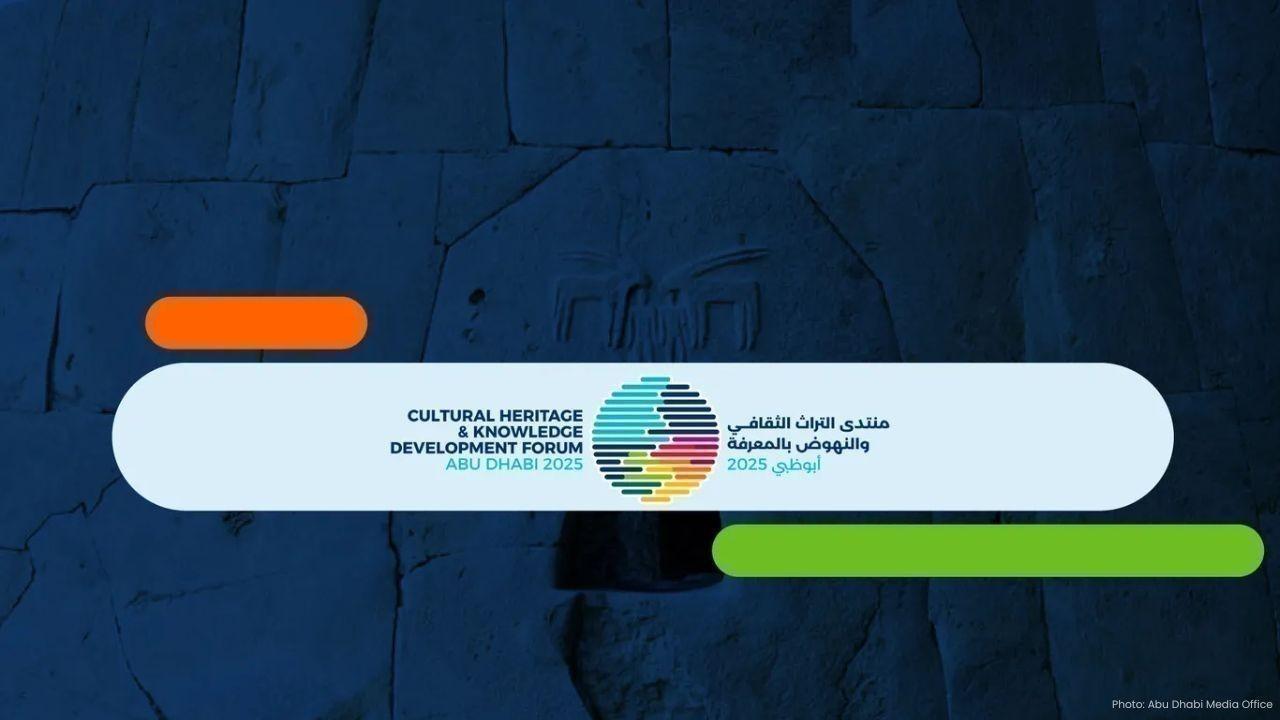

Lily Collins Shines in Glamorous Calvin Klein Look at New York Fashion Week
Lily Collins stuns at NY Fashion Week in a sparkling Calvin Klein co-ord set, blending elegance, gla

Lippo Di Carrara wins UAE President’s Cup Derby at Doncaster
Lippo De Carrere shines at Doncaster, winning the UAE President’s Cup UK Arabian Derby, the richest

Jaismine Lamboria Wins World Boxing Gold for India
India’s Jaismine Lamboria claimed World Boxing gold, while Nupur Sheoran earned silver and Pooja Ran
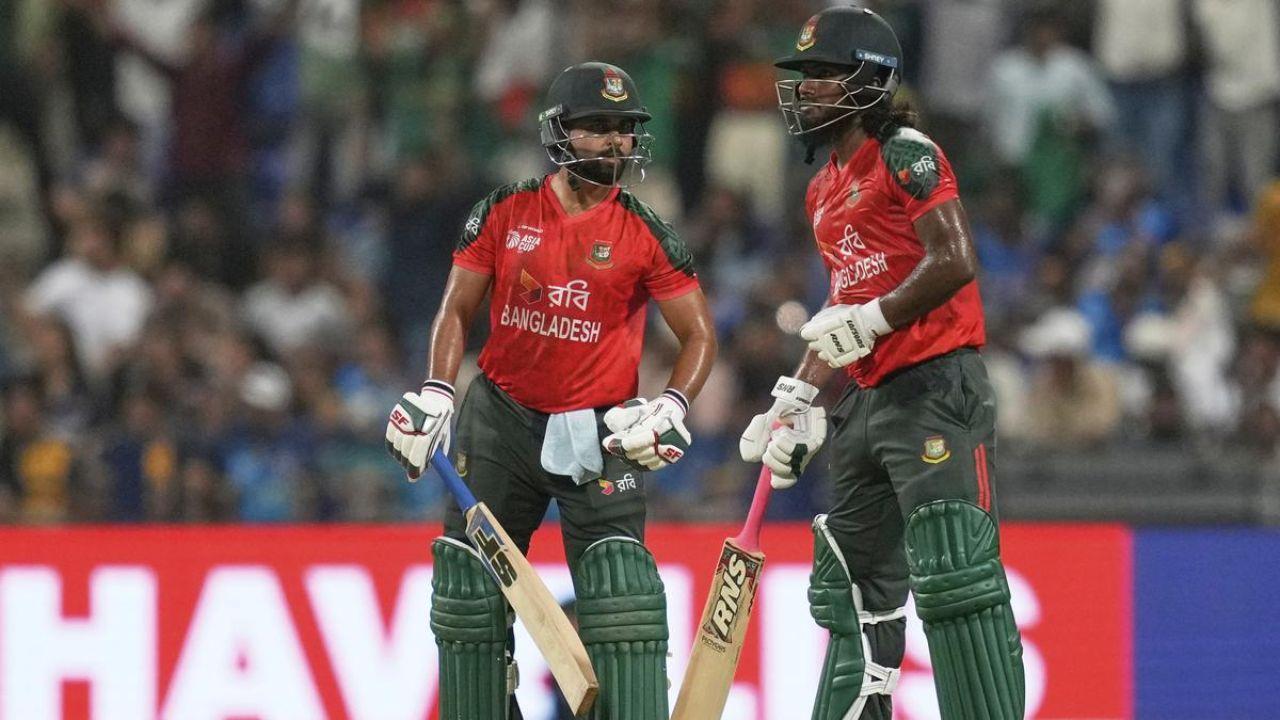
Sri Lanka beat Bangladesh by 6 wickets in Asia Cup 2025 opener
Sri Lanka started their Asia Cup 2025 campaign with a six-wicket win over Bangladesh, powered by Nis
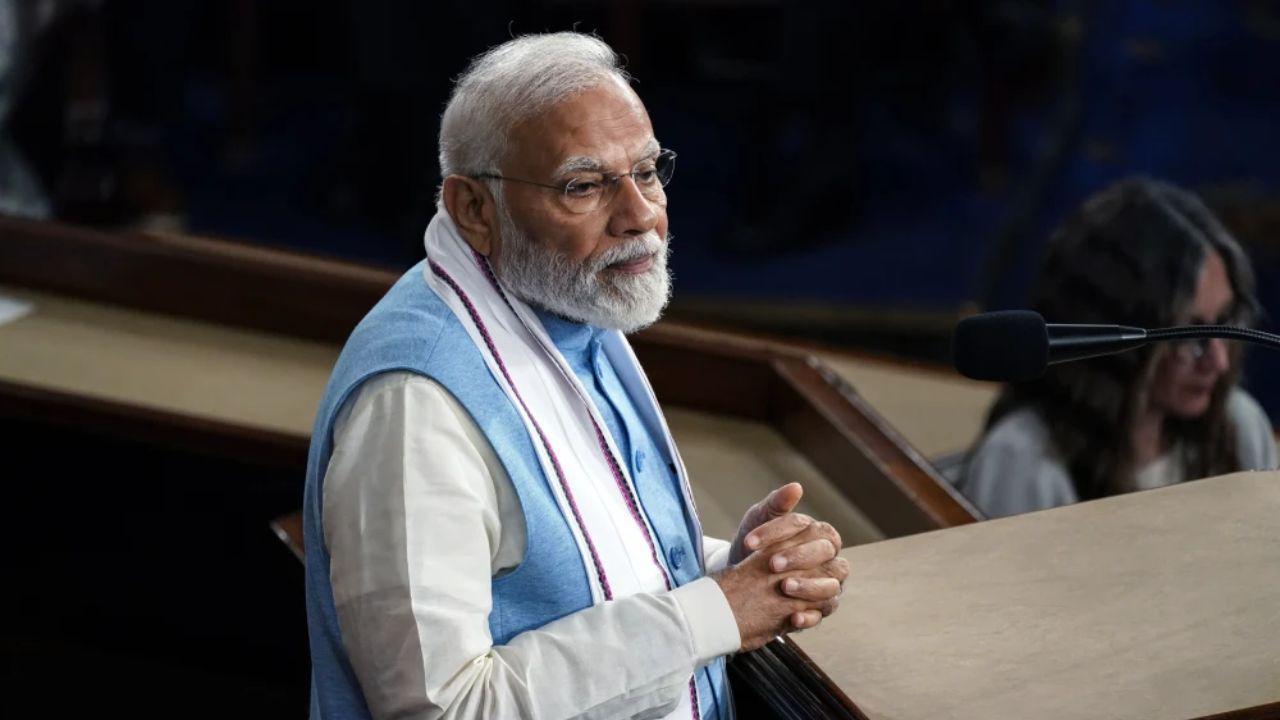
PM Modi Lays ₹6,300 Crore Projects in Assam Criticizes Congress
PM Modi accuses Congress of backing infiltrators, lays ₹6,300 crore health and infrastructure projec
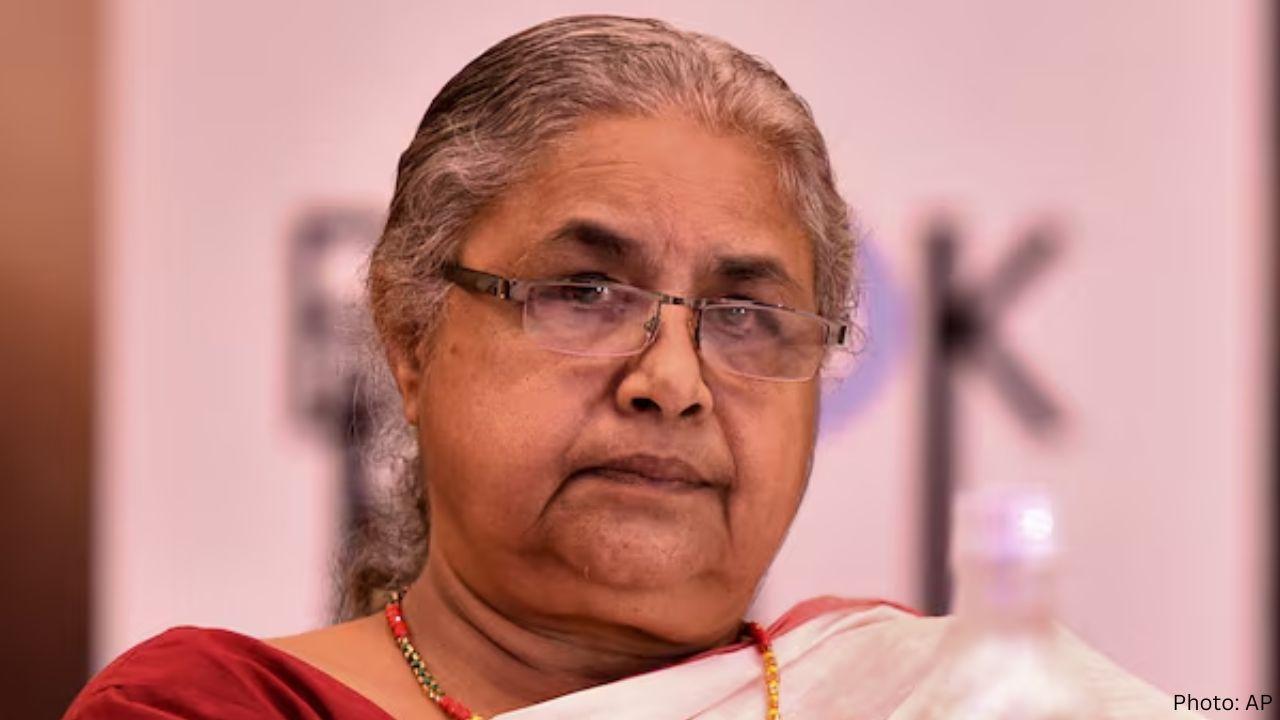
Sushila Karki Becomes Nepal’s First Woman Prime Minister
Eminent jurist Sushila Karki, 73, becomes Nepal’s first woman prime minister after Gen Z protests to